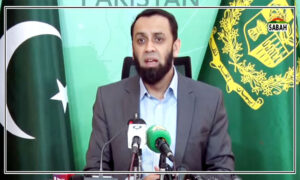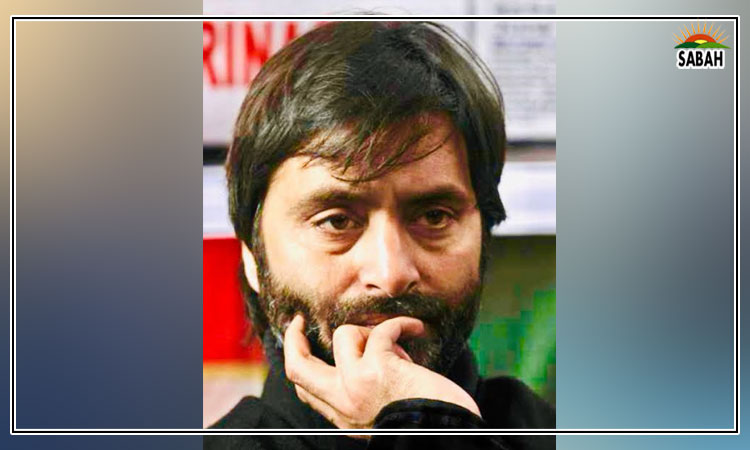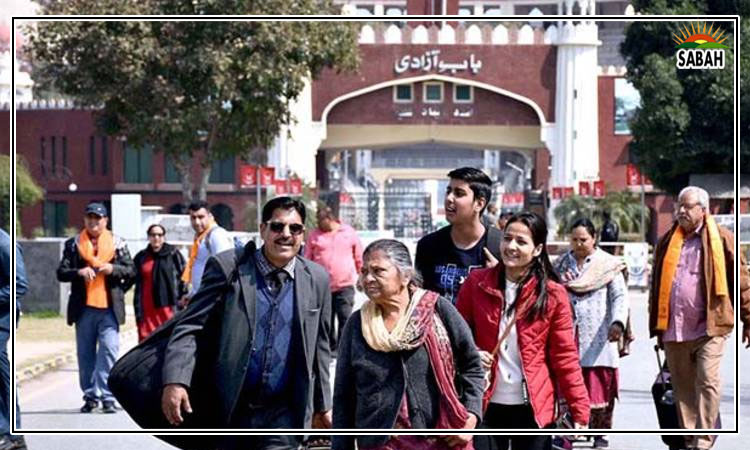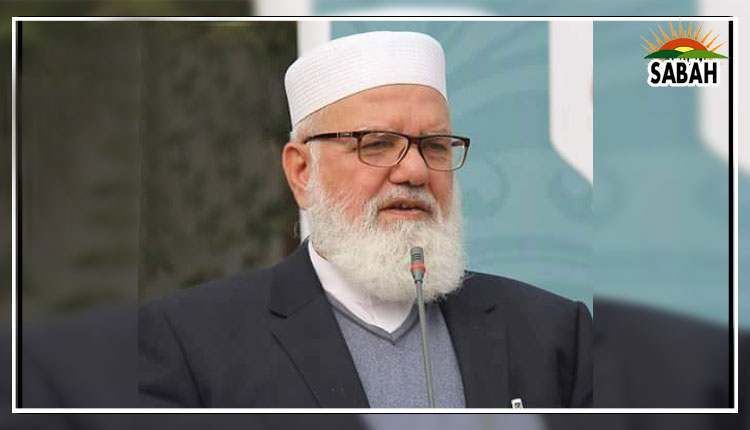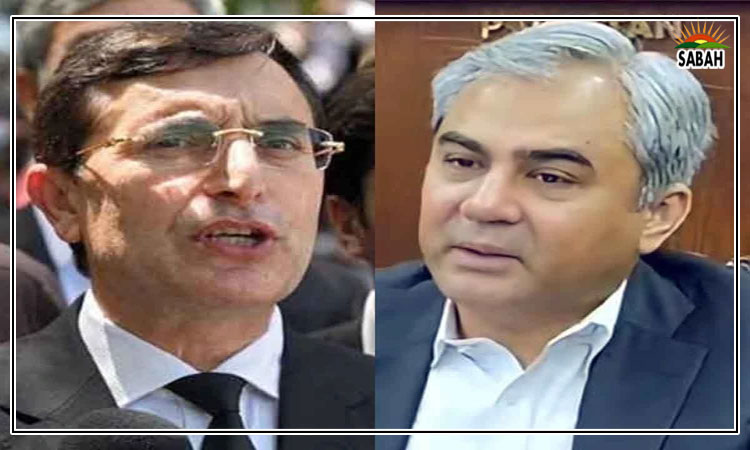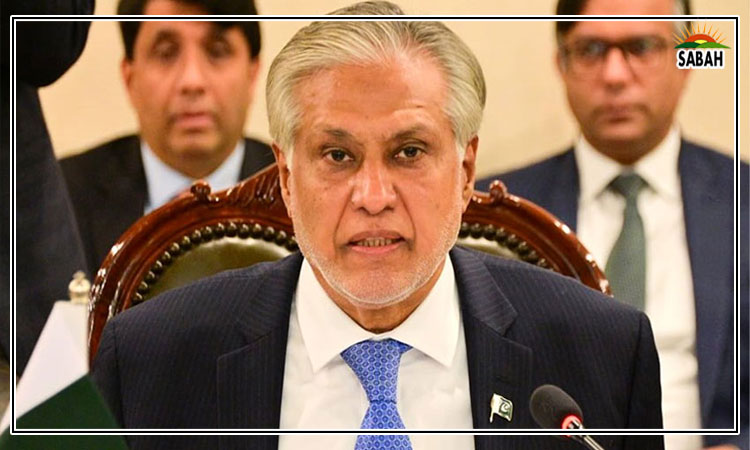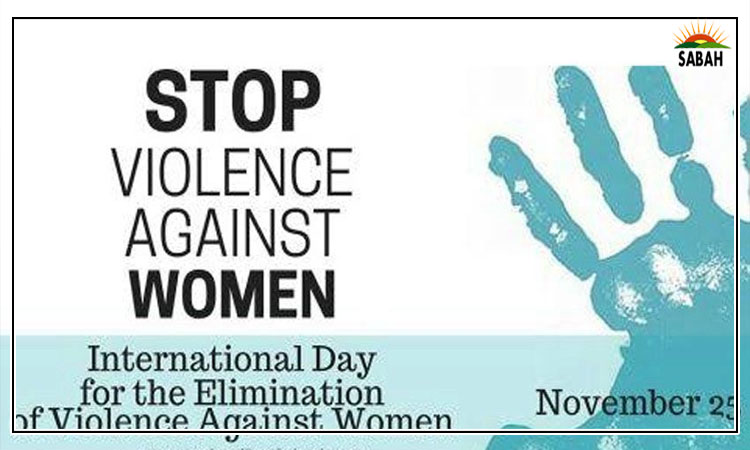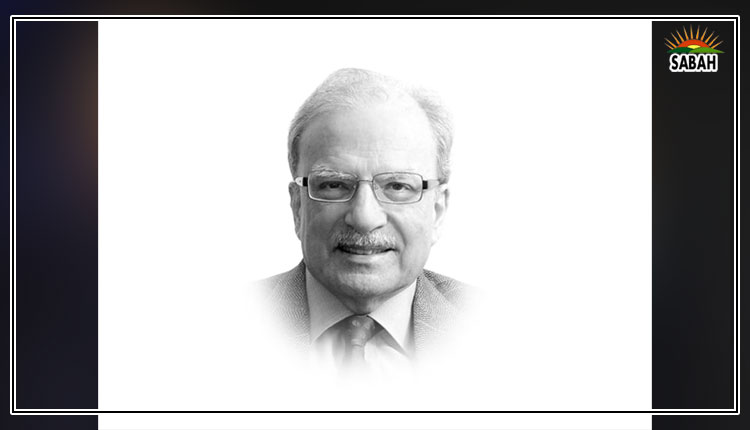Modi’s Mussalman problem … Shahid Javed Burki
Having tried hard to create a nation out of extreme diversity, India had initially succeeded in the effort. That was the conclusion reached by the Indian-American historian Sunil Khilnani. His book, The Idea of India, was based on the assumption that India had created a system of governance that had, by and large, accommodated religion, language, caste and ethnic adversity into political and economic structures that were inclusive. The Indian Constitution whose principal author was the Untouchable lawyer Ambedkar granted several rights to the people who were not mainstream Hindus.
This began to change, first gradually and then quickly as Prime Minister Narendra Modi gained political power. Modi, after having served as the Chief Minister of Gujarat in India’s west, became prime minister in 2014. By winning the majority of seats in Lok Sabah, the lower house of the Indian parliament, Modi’s Bhartiya Janata Party (BJP) was able to form a government on its own. Previous administrations were coalitions of several parties with Congress in the lead. Coalition rule means accommodating different points of view. When the government is based on one party it follows that party’s philosophy of governance. That has happened in India.
By winning a larger majority in the 2019 elections compared to 2014, Prime Minister Modi and the BJP decided that India was ready to adopt Hindutva as the governing philosophy. This approach held that India was a Hindu nation and should, therefore, base governance on the Hindutva concept of governing. Adopting that as the governing approach, India began to give a low status to minority religions even when their numbers were large as was the case with the Muslim population. In 2021, Muslims were estimated at 200 million in a population of 1.4 billion people. That was more than 14 per cent of the country’s population.
Hindu extremists celebrated Nathuram Godse, Mahatma Gandhi’s assassin. Pooja Sahkun Pandey, a monk at the Haridwar temple, held reenactments of Gandhi’s assassination, firing a bullet into his effigy as blood ran down. Godse was member of the Rashtriya Swamyamsevak Sangh, RSS, a century old right wing Hindu group that borrowed heavily from the Nazi Party in Germany. Modi is also a member of the RSS. The current campaign was led by Narsinghananad, an extremist who gained attention following the adoption by parliament of a citizenship amendment act seen as discriminatory against Muslims. When the Muslim community protested, Narsinghananad called for violence using the language of a “final battle.” He had no problem encouraging his followers to murder Muslims. “They are Jihadis and we will have to finish them off.” His agenda and of those who agreed with him was to rewrite the Indian political system. “This Constitution will be the end of Hindus, all one billion Hindus,” he said in one address. “Whoever believes in this system, in this Supreme Court, in these politicians, in this Constitution, in this army and police – they will die a dog’s death.”
The Hindu efforts to reclaim Muslim places of worship aren’t primarily about litigating about the past, experts say. “For Hindu nationalists, there is no place for Muslims in India’s future except as oppressed, second-class citizens whose rights are routinely denied,” said Audrey Truschke, a professor of South Asian history at Rutgers University. A local Indian scholar expressed the same kind of view. The Hindu nationalist view of history is “extremely prejudiced and totally motivated by the desire to inculcate blind pride in and oneself and blind hatred of the other,” said Tanika Sarkar, a historian who taught at New Delhi’s Jawaharlal Nehru University.
Courtesy





